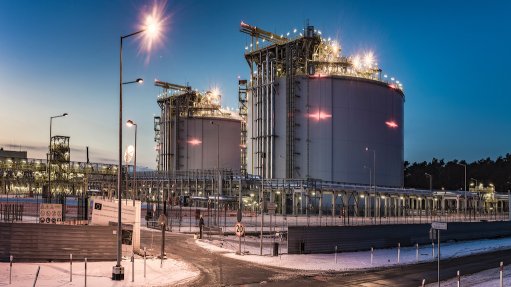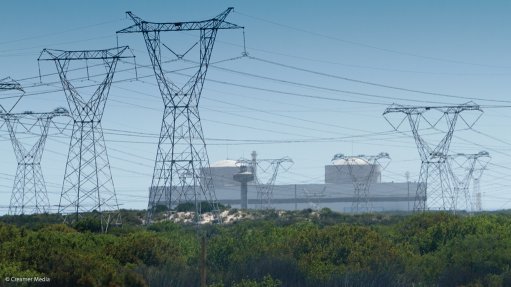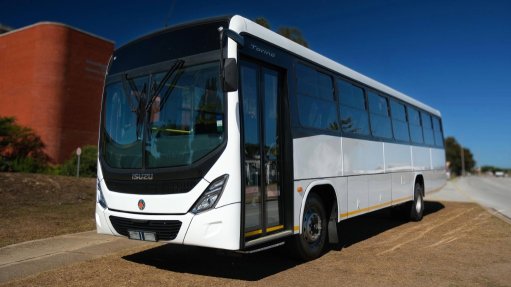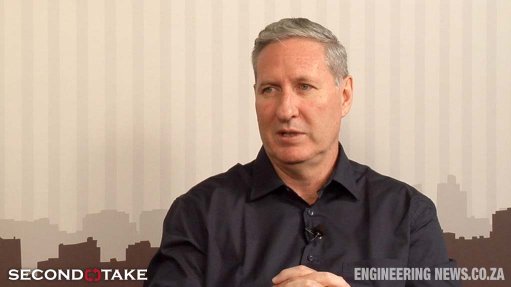Uganda says Chinese firm applies to build $1.4bn power plant on the Nile
A Chinese firm has applied to Ugandan authorities for a licence to develop a $1.4-billion hydropower plant that could potentially expand the country's generation capacity by 40% according to a regulatory official and papers seen by Reuters.
The firm, POWERCHINA International Group Limited (PIGL), wants to develop the Ayago Hydroelectric Power Station, located on a section of River Nile between the lakes Kyoga and Albert, according to its licence application seen by Reuters on Tuesday.
"We have called for comments from the public on their proposed project," Julius Wandera, spokesperson for State-run power regulator Electricity Regulatory Authority (ERA) told Reuters.
ERA licences all power generators in the country and is also responsible for setting generation and end-user power tariffs.
The Ayago power plant will have a capacity of 840 megawatts (MW) and, when successfully developed, would be Uganda's largest power plant.
The Karuma hydroelectric dam, upstream of Ayago and due to be completed early this year by China's Synohydro Corporation, is currently Uganda's largest power project.
Wandera told Reuters alongside the solicitation of public views on the project, ERA would also conduct its own due diligence on POWERCHINA International to ascertain whether it had the financial and technical capacity to execute the project.
"By April we should be communicating our final decision on their application to them," he said.
According to their application, the firm plans to raise funds for the project through a 25%/75% mix of equity and debt.
The project could potentially ramp up Uganda's generation capacity by 40% to about 2 800 MW according to calculations from data available from the energy ministry.
In recent years, Uganda has been wooing private-sector energy investors and taking loans from China and other sources to help boost power production to meet fast-growing demand.
To make the sector attractive to foreign investors, the government abolished subsidies for consumers and introduced a tariff-setting system that is benchmarked on movements in key parameters such as inflation, foreign exchange and oil prices.
Uganda is one of the six countries that signed the 2010 Cooperative Framework Agreement (CFA) that allows upstream Nile basin countries to develop projects along the river without Egypt's consent as it was in a previous colonial-era agreement on use of Nile waters.
Article Enquiry
Email Article
Save Article
Feedback
To advertise email advertising@creamermedia.co.za or click here
Comments
Press Office
Announcements
What's On
Subscribe to improve your user experience...
Option 1 (equivalent of R125 a month):
Receive a weekly copy of Creamer Media's Engineering News & Mining Weekly magazine
(print copy for those in South Africa and e-magazine for those outside of South Africa)
Receive daily email newsletters
Access to full search results
Access archive of magazine back copies
Access to Projects in Progress
Access to ONE Research Report of your choice in PDF format
Option 2 (equivalent of R375 a month):
All benefits from Option 1
PLUS
Access to Creamer Media's Research Channel Africa for ALL Research Reports, in PDF format, on various industrial and mining sectors
including Electricity; Water; Energy Transition; Hydrogen; Roads, Rail and Ports; Coal; Gold; Platinum; Battery Metals; etc.
Already a subscriber?
Forgotten your password?
Receive weekly copy of Creamer Media's Engineering News & Mining Weekly magazine (print copy for those in South Africa and e-magazine for those outside of South Africa)
➕
Recieve daily email newsletters
➕
Access to full search results
➕
Access archive of magazine back copies
➕
Access to Projects in Progress
➕
Access to ONE Research Report of your choice in PDF format
RESEARCH CHANNEL AFRICA
R4500 (equivalent of R375 a month)
SUBSCRIBEAll benefits from Option 1
➕
Access to Creamer Media's Research Channel Africa for ALL Research Reports on various industrial and mining sectors, in PDF format, including on:
Electricity
➕
Water
➕
Energy Transition
➕
Hydrogen
➕
Roads, Rail and Ports
➕
Coal
➕
Gold
➕
Platinum
➕
Battery Metals
➕
etc.
Receive all benefits from Option 1 or Option 2 delivered to numerous people at your company
➕
Multiple User names and Passwords for simultaneous log-ins
➕
Intranet integration access to all in your organisation

















